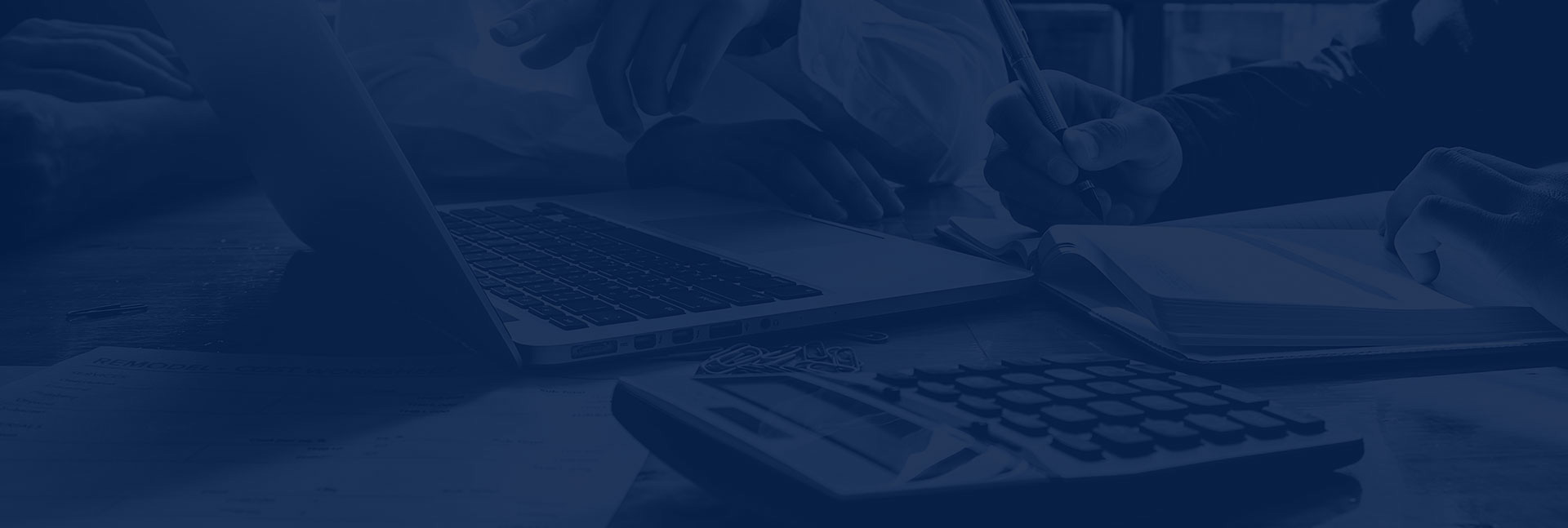Filing for bankruptcy is a significant financial decision that can have long-lasting effects on your life. It’s a legal process designed to help individuals and businesses eliminate or repay their debts under the protection of the bankruptcy court.
While it can relieve overwhelming debt, it also has several drawbacks. Understanding the pros and cons of filing for bankruptcy is crucial to making an informed decision.
Pros of Filing for Bankruptcy
Debt Relief:
- Elimination of Debts: Bankruptcy can discharge most of your unsecured debts, such as credit card debt, medical bills, and personal loans, providing a fresh financial start.
- Automatic Stay: When you file for bankruptcy, an automatic stay goes into effect. This stops most creditors from pursuing collections, wage garnishments, foreclosures, and repossessions, giving you immediate relief from financial pressure.
Protection of Assets:
- Exemptions: Bankruptcy laws provide exemptions that allow you to keep certain essential assets, such as your home, car, and personal belongings, up to a certain value. This means you can retain the necessities for a fresh start.
Improved Financial Management:
- Credit Counseling: Before filing for bankruptcy, you must undergo credit counseling, which can provide valuable insights into managing your finances better.
- Debtor Education: Post-filing debtor education courses are also required to help you develop better financial habits and avoid future financial problems.
Opportunity for Rebuilding Credit:
- Starting Over: While bankruptcy negatively impacts your credit score initially, it also provides a clean slate to rebuild your credit. With responsible financial behavior, you can gradually improve your credit rating over time.
Cons of Filing for Bankruptcy
Negative Impact on Credit Score:
- Credit Report: A bankruptcy filing remains on your credit report for seven to ten years, depending on the type of bankruptcy (Chapter 7 or Chapter 13). This can significantly lower your credit score and make obtaining new credit, loans, or mortgages difficult.
- Interest Rates: Even if you can obtain credit, it will likely come with higher interest rates due to lenders' perceived risk.
Public Record:
- Lack of Privacy: Bankruptcy filings are public records, meaning anyone can access information about your financial situation. This can be a concern for individuals who value their privacy.
Potential Loss of Property:
- Non-Exempt Assets: While bankruptcy exemptions protect essential assets, non-exempt property may be sold to repay creditors. This could include valuable items such as secondary homes, luxury vehicles, or expensive personal belongings.
Impact on Future Opportunities:
- Employment and Housing: Some employers and landlords may view bankruptcy negatively, potentially affecting your ability to secure a job or rent a home.
- Financial Restrictions: Filing for bankruptcy may impose certain financial restrictions, such as difficulty obtaining credit, loans, or even some professional licenses.
Emotional and Psychological Impact:
- Stress and Stigma: Filing for bankruptcy can be a stressful experience, and the associated stigma can impact your self-esteem and mental health. It’s important to seek support from friends, family, or a counselor during this time.
Make an Informed Decision: Call Us Today!
Filing for bankruptcy is a complex decision with both significant benefits and drawbacks. By understanding the implications, you can make an informed decision that aligns with your long-term financial goals.
Reach out to Law Office of Seni Popat, P.C. today at (718) 340-3385 to learn more.














